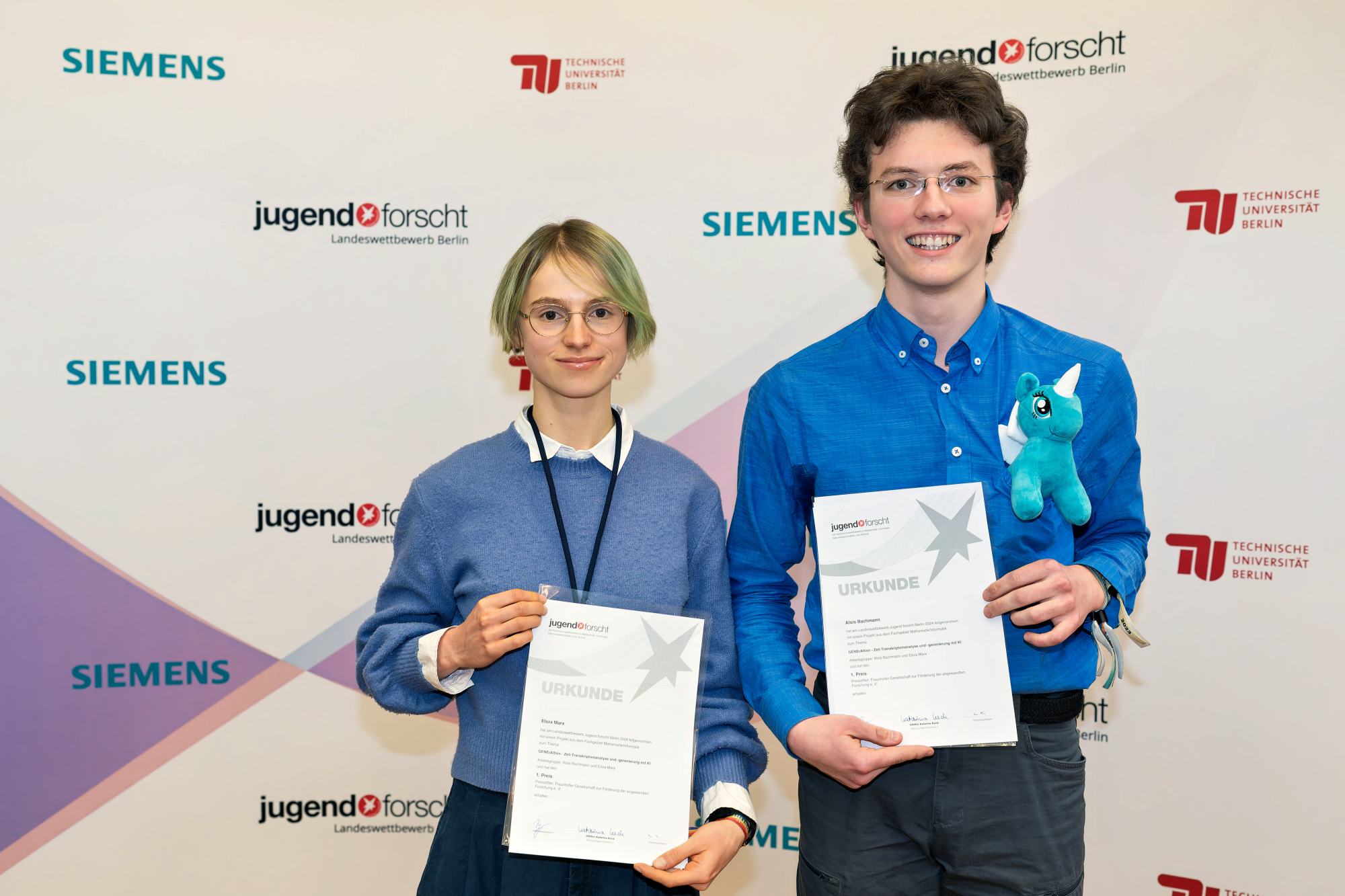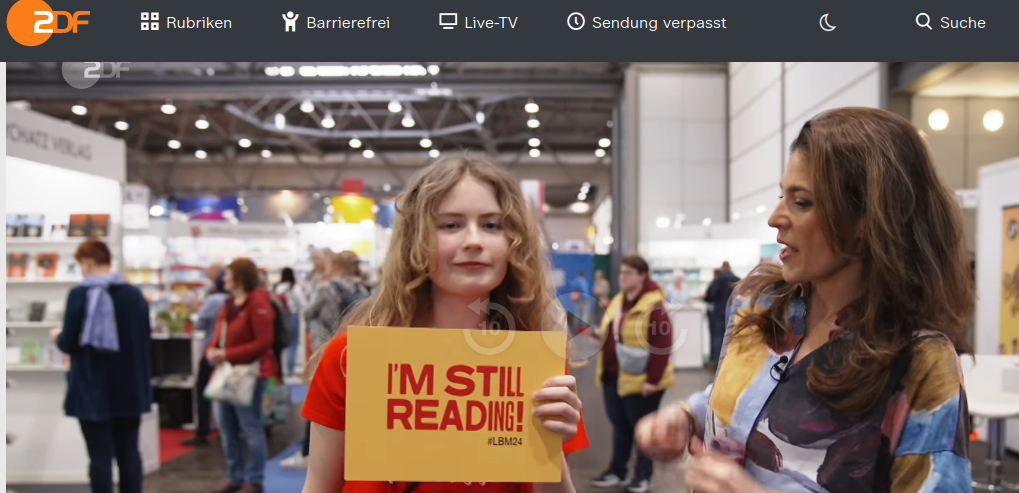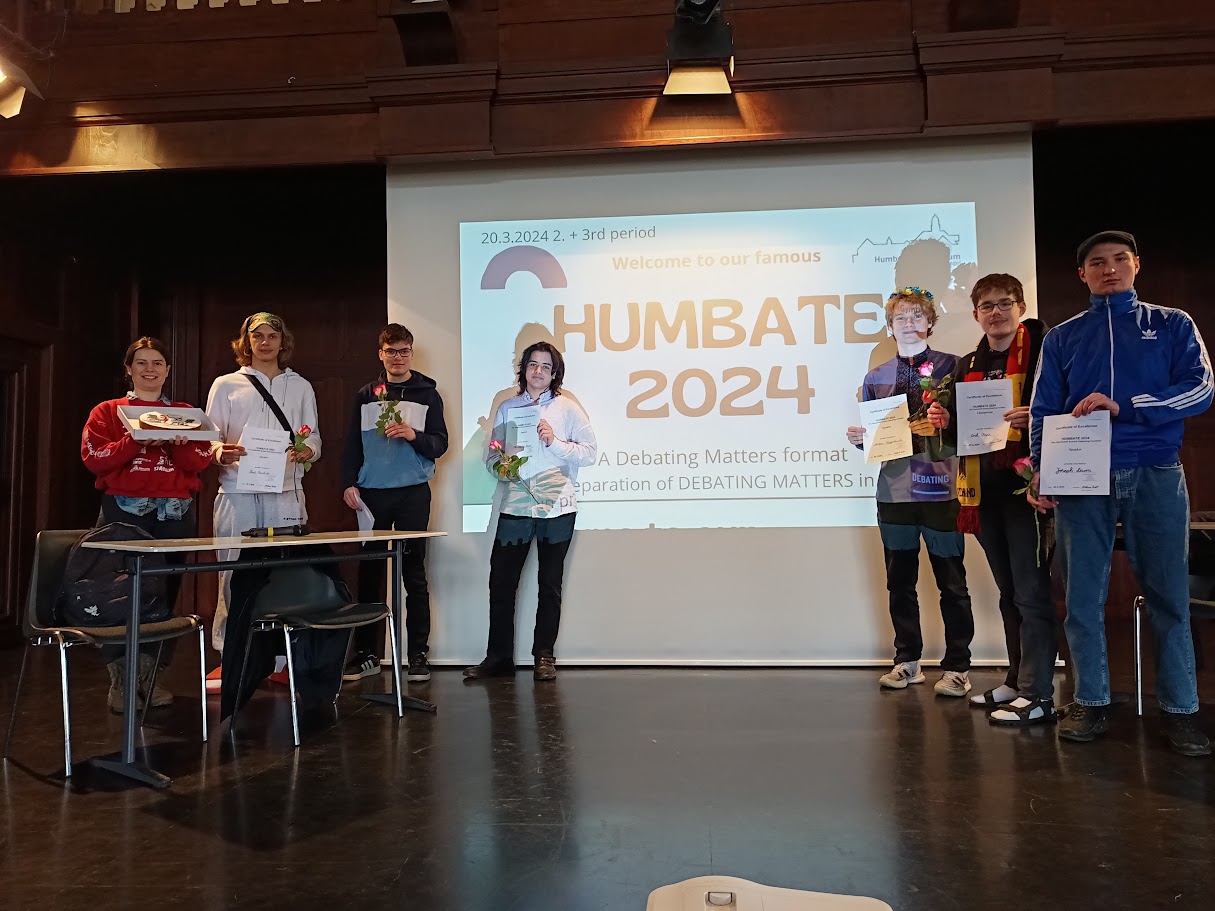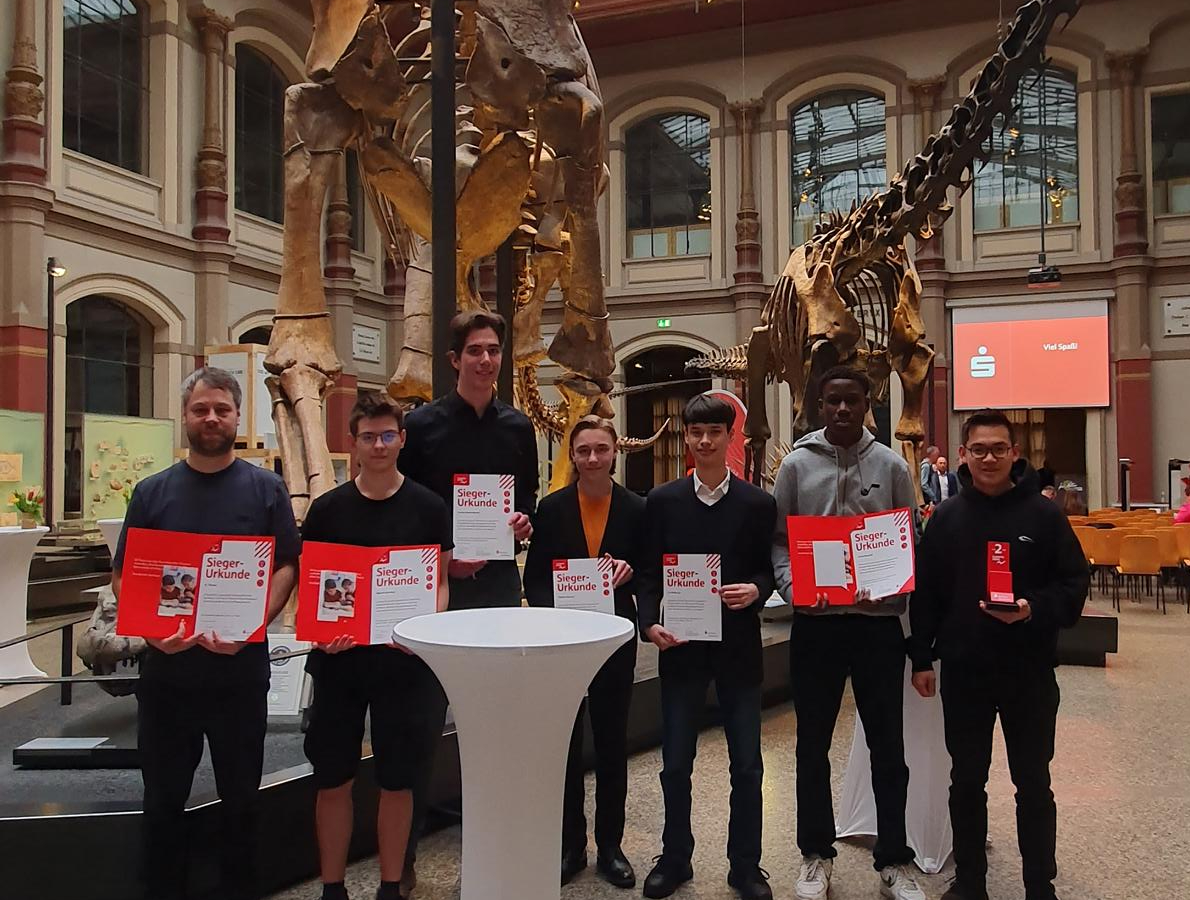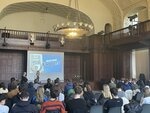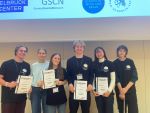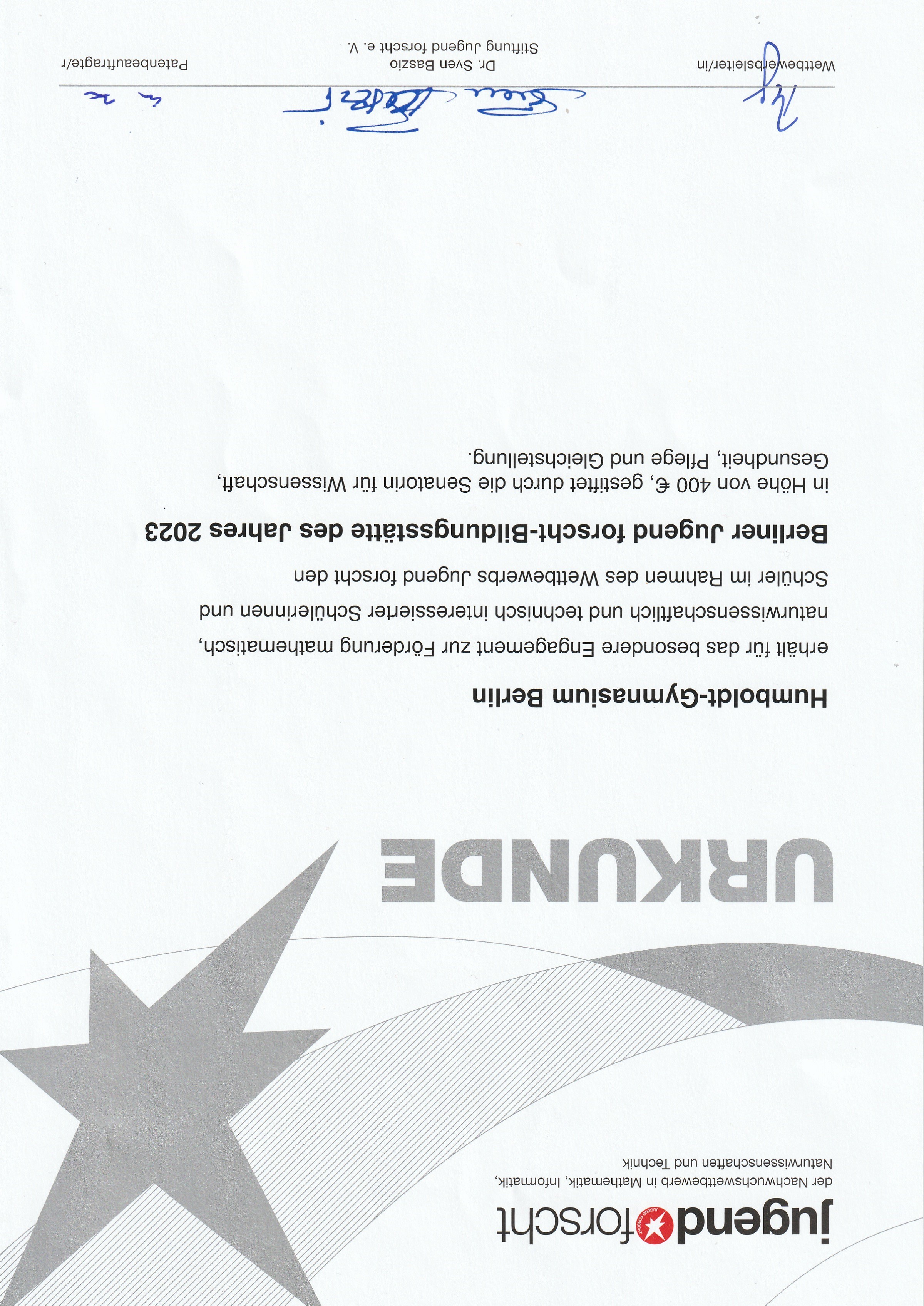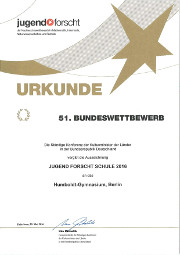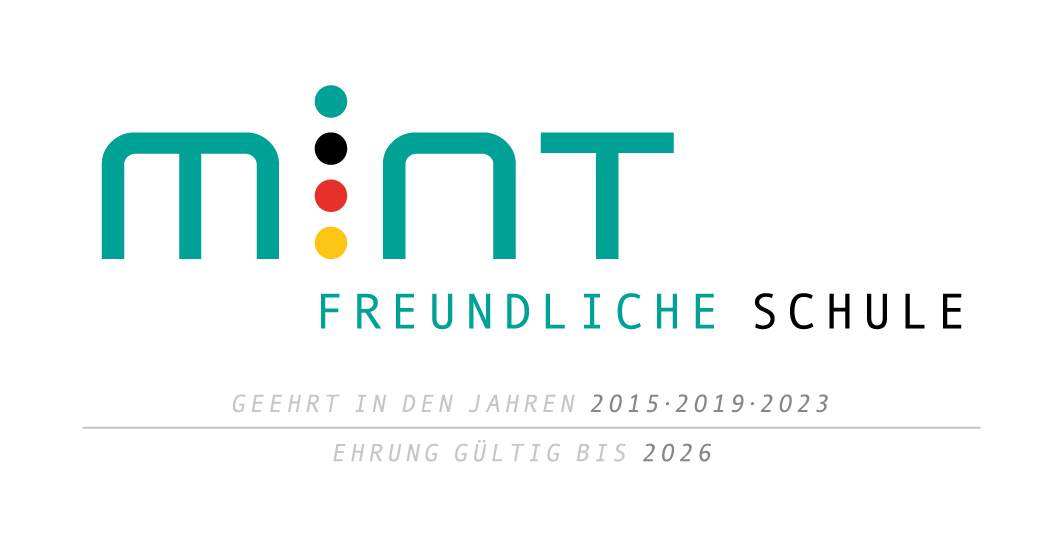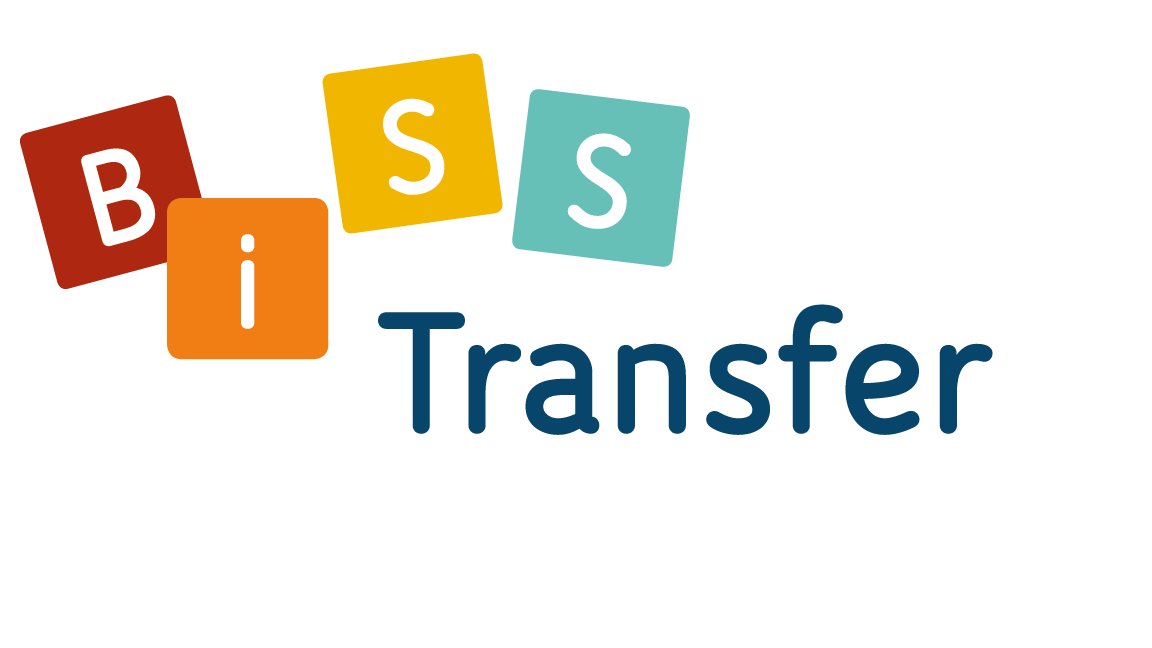Viktoria Stark - “Social Media should filter out fake news stories“
Debating Matters 2018, Opening Speech (Pro 1)
“Social Media should filter out fake news stories“
Welcome Ladies and Gentlemen,
We´re here today to talk about a very controversial but important question: Should Social Media filter out fake news stories? To give you a brief insight into this topic, I´d first like to talk about fake news as well as social media separately and then get to the problems that come with the connection of the two. Afterwards I will inform you about the role of journalism in today’s society and how it is affected by fake news.
„Pope Francis Shocks World, Endorses Donald Trump for President“, „Wikileaks CONFIRMS Hillary Sold Weapons to ISIS“
These attention-grabbing headlines are some of the most-spread fake news articles that were liked, commented and shared by hundreds of thousands of people. Fake news often includes knowingly and purposely wrong, or just unverified and biased information. They are spread in order to either influence the public opinion, support or ruin a certain person or to make profit.
Fake news has been around for a long time though. Even in ancient Rome they were already spread to sabotage opposing politicians. But they never had such an extent and impact as today. So what has changed since then? Why is fake news so controversial now?
Well the answer to that can be found in the kind of media they´re spread through now.
Social media surely are a great invention. They provide friction-free conversation for millions of people all over the world. But this immense global outreach and interconnectivity also brings all kinds of responsibilities with it as nearly 62% of American adults use social media as their main source for news.
Therefore the job of social media is to provide as objective and neutral information as possible.
Now this is where fake news becomes a problem. In combination with these characteristics of social media they can influence millions of people and become a major part of shaping the public opinion, possibly manipulating political decisions.
Through fake news disbelief and distrust in all kinds of news-providing media- like mainstream journalism- has been caused. Thus, it is a serious problem to our democracy, in which everyone should have the chance to form their own opinion and make independent political decisions based on unbiased and true information.
To solve this problem of fake news and restore the trust in the media, we need journalism, that only provides us with objective and verified news.
This will once again make our democracy and political discourse stable and re-establish the neutrality and objectivity of social media.
Consequently the filtering or cleaning of social media from fake news can only be helpful and beneficial for all of us and, therefore, should be welcomed.
Thank you very much,
Viktoria Stark, Q2

